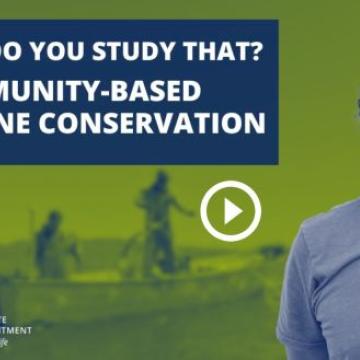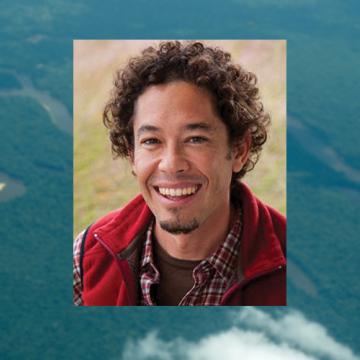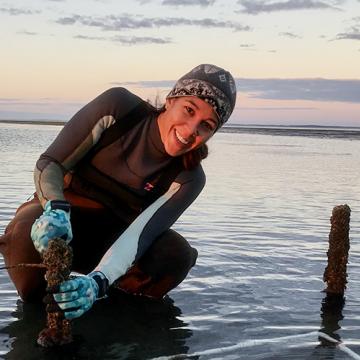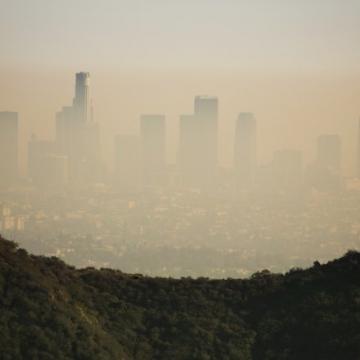-
NewsModeling experiments show Pacific warm and cold patches persisted even when continents were in different places
-
NewsXavier Basurto, Truman and Nellie Semans/Alex Brown & Sons Associate Professor of sustainability science, studies community-based marine conservation. Basurto discusses how fishers can help us understand the effects of climate change by listening to their experiences.
-
NewsPh.D. students Keqi He, Rafaella Lobo honored for their respective scholarship.
-
NewsThis year’s global Earth Day theme is “planet vs plastics”, and calls for the rapid phase out all single-use plastics.
-
NewsXavier Basurto is broadly interested in how people in small communities successfully organize themselves for collective action. His recent talk described his work in advancing the understanding of non-colonialist sustainability science: the prospects and limitations of self-organization, or self-governance, for social-ecological sustainability, particularly in the Global South.
-
NewsMeet the Silliman Lab, learn more about its research focus, a PhD student's experience in the lab and the opportunities the lab offers Duke students.
-
NewsMaintaining a water level between 20 and 30 centimeters below the local water table will boost southern peatlands’ carbon storage and reduce the amount of greenhouse gases they release back into the atmosphere during dry periods by up to 90%, a Duke University study finds.
-
NewsBrian R. Silliman, Rachel Carson Distinguished Professor of Marine Conservation Biology at Duke University’s Nicholas School of the Environment, has been elected a Fellow of the Ecological Society of America (ESA).
-
-
NewsThe National Science Foundation and the Paul G. Allen Family Foundation have awarded a $1.2 million grant to support a new initiative aimed at boosting ecosystem restoration and climate resilience along North Carolina’s coast.
-
NewsRewetting and restoring 250,000 acres of southern pocosin peatlands that had been drained for farming but now lie fallow could prevent 4.3 million tons of climate-warming carbon dioxide, now stored in their soils, from oxidizing and escaping back into Earth’s atmosphere each year, a Duke University study shows. That amount equals 2.4% of the total annual reductions in CO2 emissions needed for the United States to be carbon neutral by 2050.
-
NewsSlashing emissions of carbon dioxide by itself isn’t enough to prevent catastrophic global warming, a new study shows. But if we simultaneously also reduce emissions of methane and other often overlooked climate pollutants, we could cut the rate of global warming in half by 2050 and give the world a fighting chance.
-
NewsHuman activities such as marsh draining for agriculture and logging are increasingly eating away at saltwater and freshwater wetlands that cover only 1% of Earth’s surface but store more than 20% of all the climate-warming carbon dioxide absorbed by ecosystems worldwide. A new study published May 5 in Science by a team of Dutch, American and German scientists shows that it’s not too late to reverse the losses.
-
NewsPhD student Renata Poulton Kamakura has been working with Duke Landscape Services and undergraduate students in the Theory and Applications of Sustainability (ENV 245) course to determine how the more than 17,000 trees on the Duke University campus benefit sustainability—including their effect on carbon sequestration and stormwater mitigation.
-
NewsWhen it comes to making communities and businesses greener, re-thinking the “little” stuff we often take for granted—like zoning, logistics and cement—can yield big benefits.














